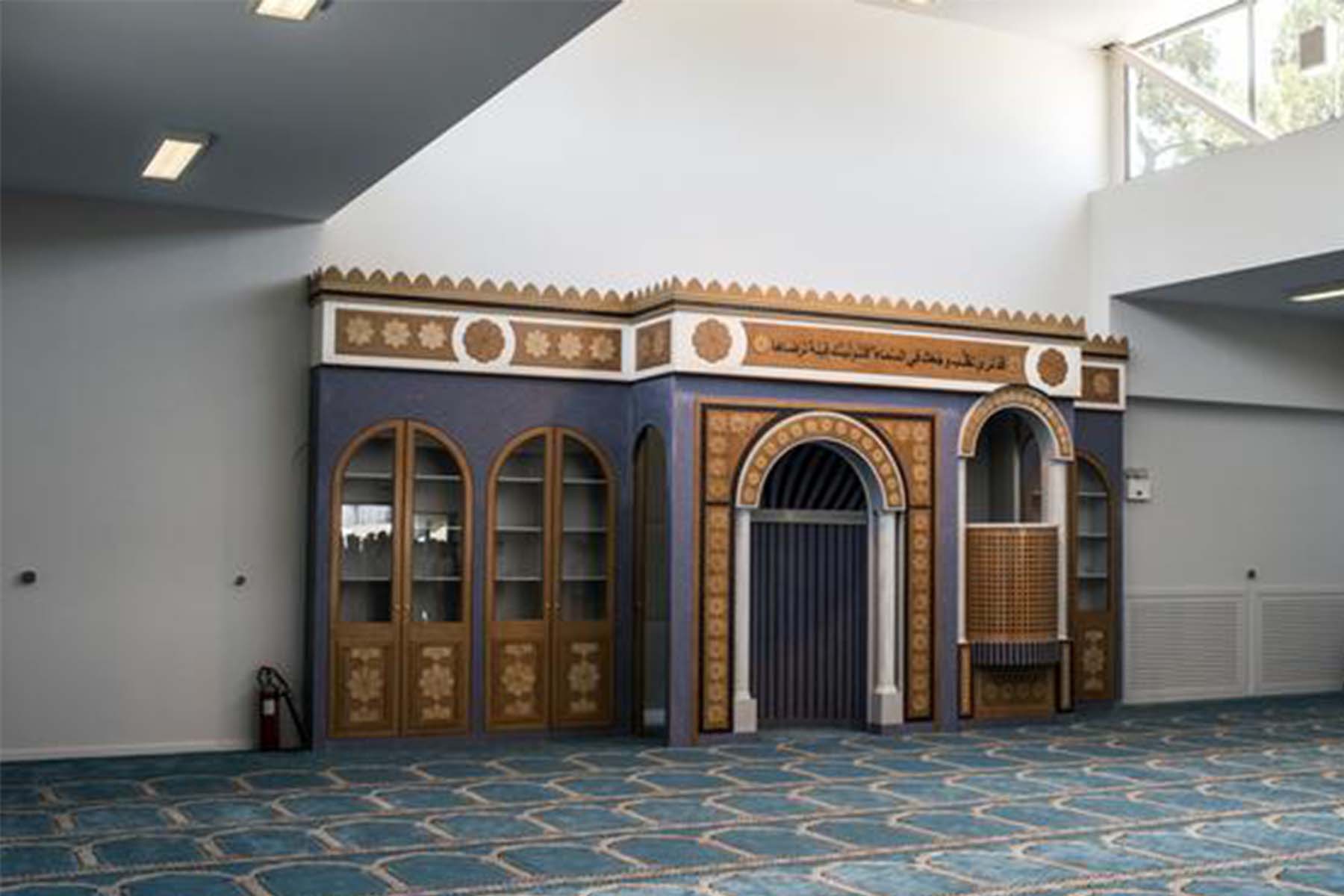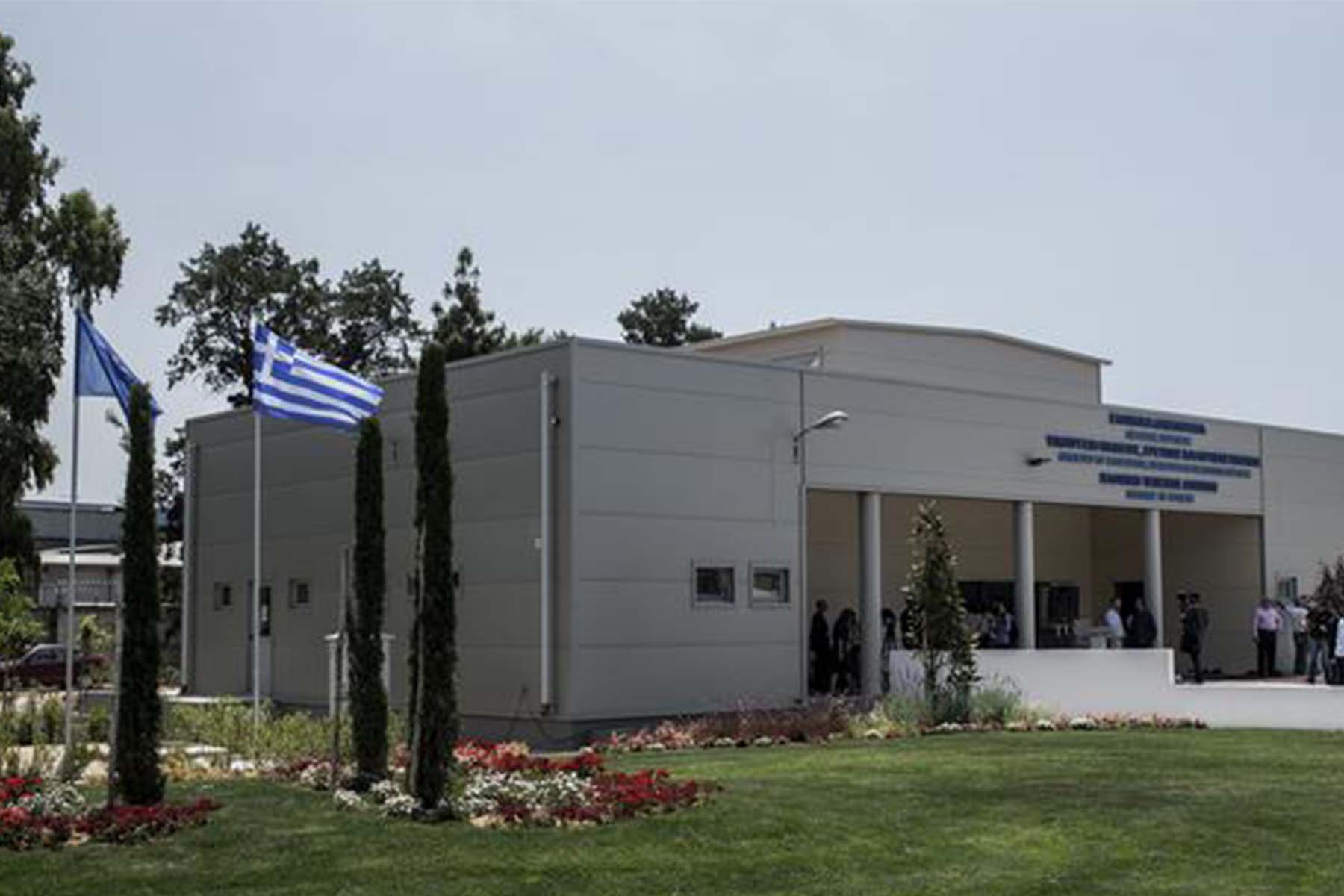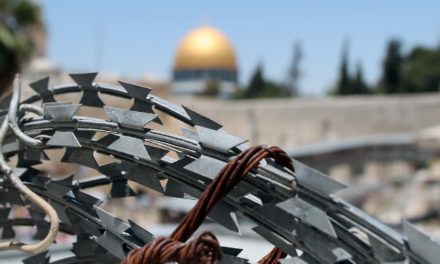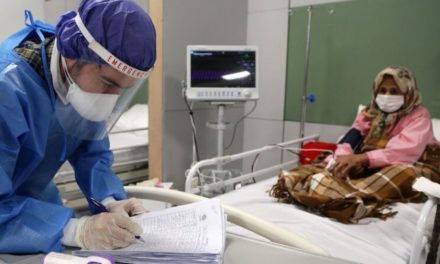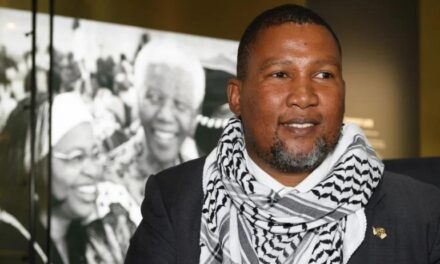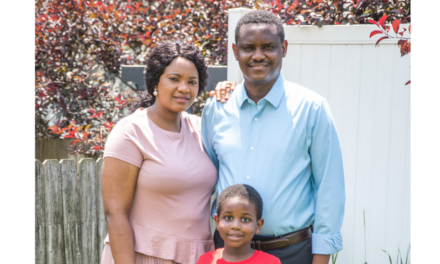Adeel Malik as “After waiting for decades, Muslims in Athens finally get a mosque” for Muslim Council of Hong Kong
Alliance/dpa/A. Tzortzinis
Athens’ first official mosque is set to open in the coming months after a decades-long fight for its construction by the country’s minority Muslim population as reported by various news media.
“We hope the first prayer will be in September,” said Minister of Education and Religion Kostas Gavroglou on Friday.
The minister toured the nearly completed site, which is designed to accommodate some 350 people, on the outskirts of the city center with members of the local Muslim community.
“Athens finally has a house of prayer for Muslims,” he said, according to radio broadcaster Athens 984.
Parliament approved final plans to build the mosque in 2016 in partial response to the spread of illegal sites of worship throughout Athens and the surrounding area.
Athens is the only European capital without an official mosque. Fierce opposition from Greek conservatives and the Orthodox Church has frustrated efforts to build one, despite support for the project dating back to the 1890s.
The mosque is designed to accommodate some 150 people.
A government-appointed executive board will oversee the mosque and select its imam. Sermons will only be permitted in Greek, the ministry said, but the prayers are expected to take place in Arabic.
“I would like to start by thanking Allah that we finally have a mosque where we can pray, we can gather, we can talk,” said Zaki Mohamed, who will be the mosque’s first imam.
More than 200,000 Muslims from countries including Pakistan, Syria, Afghanistan and Bangladesh live in the Greek capital, according to Muslim groups.
Greece has its own Muslim community which represent about two per cent of the population who live mainly in the north where they have their own mosques.
Efforts over the years to build a mosque in Athens sparked protests from fringe groups on the far right; a short distance from the mosque, graffiti scrawled on a wall read “Islam Out”.
Greece repurposed or destroyed its mosques after it declared independence from the Muslim-majority Ottoman Empire in 1821. Some were later constructed near the country’s border with Turkey, where up to 150,000 Muslims live.
